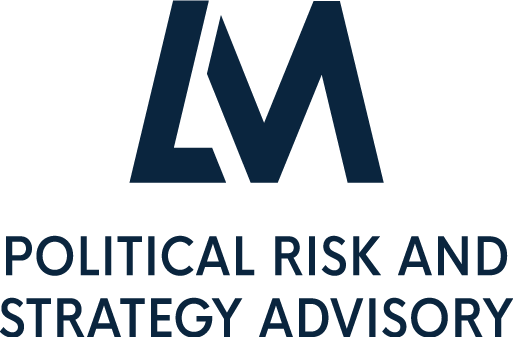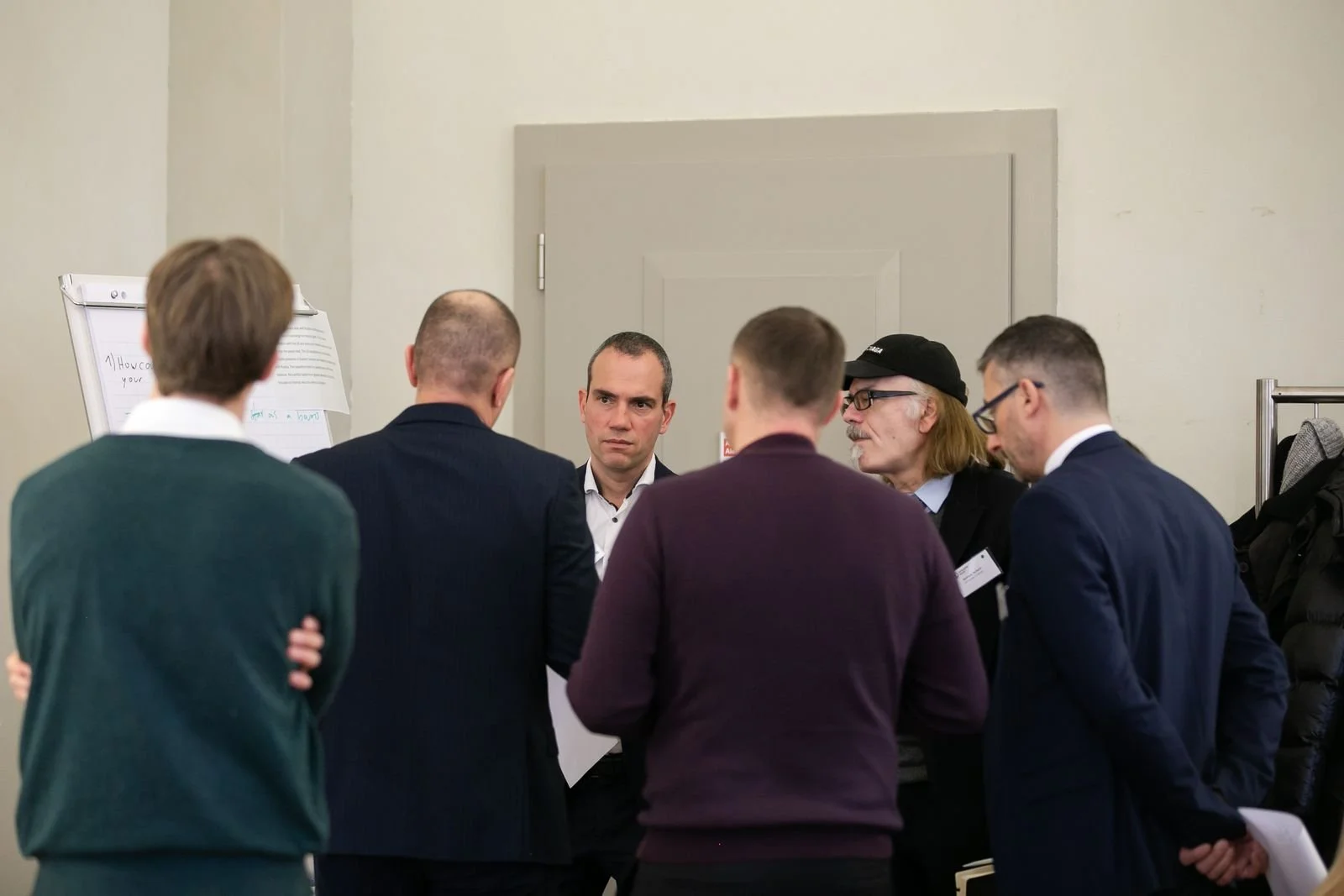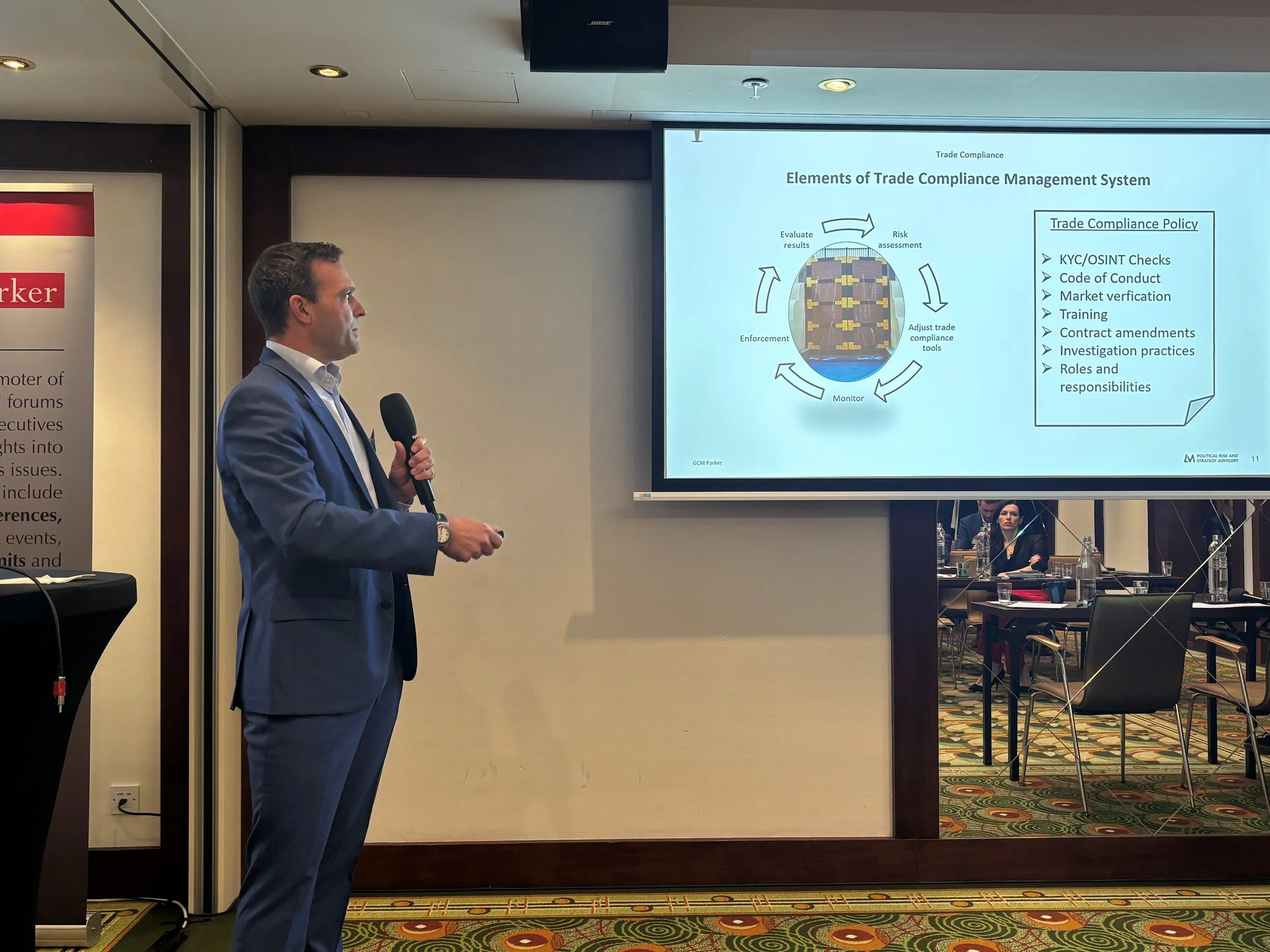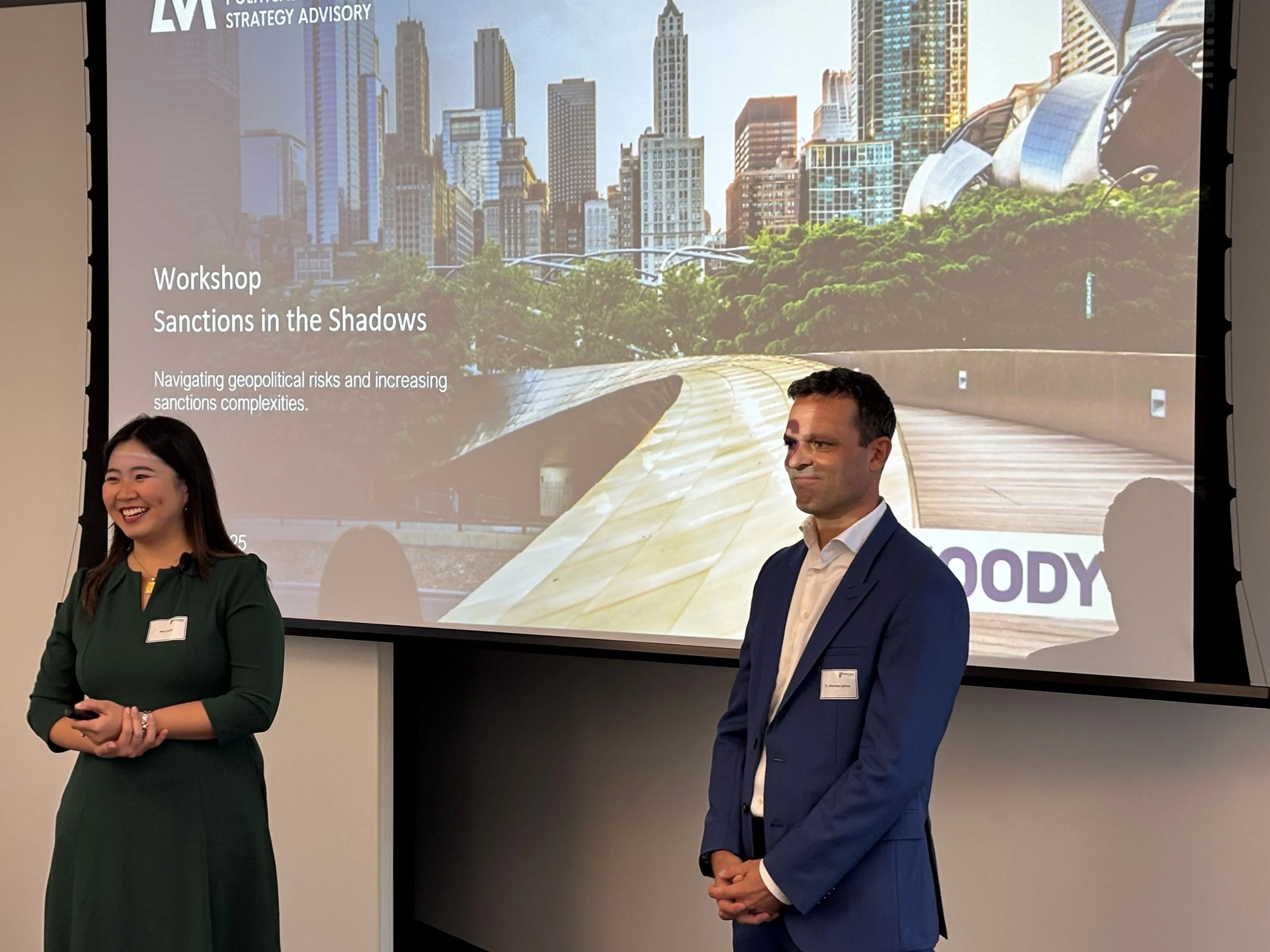An analysis of how sanctions, tariffs and security‑driven interests are reshaping the globalized economic order and pushing companies into a new sphere of geopolitical responsibility.
The formerly globalized economic order is disintegrating and increasingly shaped by security interests and geopolitical rivalry. States are once again employing sanctions, tariffs and regulatory controls more aggressively, fundamentally altering economic processes. As a result, companies themselves become actors in security policy, since their decisions can have geopolitical consequences. At the same time, the spiral of sanctions among major players such as the EU, the United States, China and Russia is intensifying, leading to the creation of alternative trade structures. The new article by Johannes Leitner explains why economic decisions will increasingly be influenced by a more multipolar and conflict‑laden world order, what role the “globoligarchs” play in this shift, and how the new situation affects companies' everyday realities.






